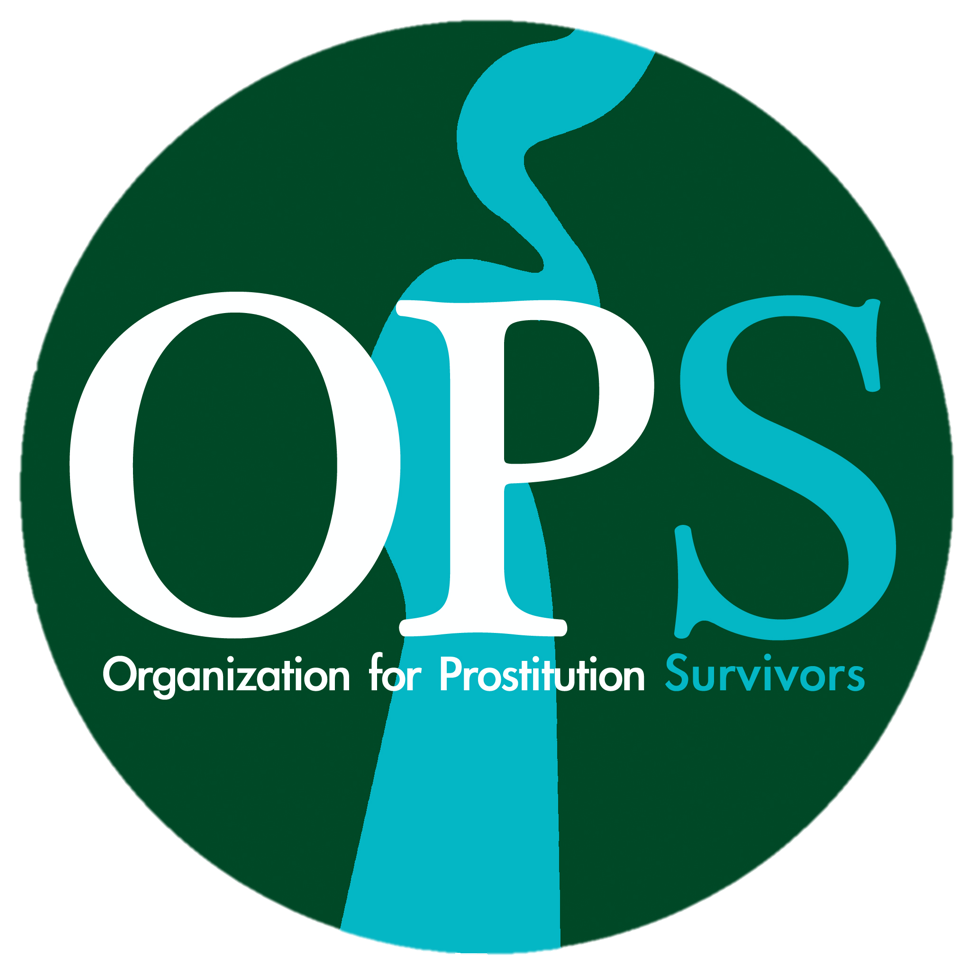The Power of Self-Care: Nurturing Well-Being for CSE Survivors
Recovery from commercial sexual exploitation (CSE) is a courageous journey that requires survivors to prioritize their physical and mental well-being. Self-care plays a vital role in this healing process, as it helps reduce symptoms and improves overall well-being.
At the Organization for Prostitution Survivors (OPS), we understand the importance of regular self-care practices for CSE survivors, empowering them to reclaim their lives and nurture their resilience. In this blog post, we will explore the significance of self-care in the lives of survivors and offer practical tips to incorporate it into daily routines.
Empowering through Self-Care:
Self-care is not a luxury; it is a necessity for CSE survivors. By engaging in regular self-care practices, survivors can recharge, reduce stress levels, and maintain their overall well-being. It involves finding activities that bring joy and making them a consistent part of one's routine. From learning self-soothing skills to prioritizing personal needs and practicing relaxation techniques, self-care is a powerful tool for survivors to regain control over their lives.
Navigating Trauma with Self-Care:
CSE and traumatic events often impact a survivor's sense of well-being, making it difficult to cope with everyday life. During this healing process, it is essential to allow ourselves to experience our emotions and find healthy ways to express them. Art therapy, meditation, and journaling are powerful tools that survivors can embrace to process their thoughts and feelings about the trauma. Engaging in positive activities helps focus on the beauty in life, fostering hope for the future while reducing emotional pain.
The Transformative Power of Journaling:
Among the many self-care strategies, journaling stands out as a valuable tool for survivors grappling with CSE or trauma. It offers numerous benefits, such as processing thoughts and feelings related to traumatic events, tracking mood changes, understanding personal responses to trauma, and allowing for self-reflection on coping mechanisms. By focusing on their feelings rather than the traumatic experience itself, survivors can embark on a journey of healing and discovery, finding solutions to problems and unlocking new ideas.
Physical Self-Care: Restoring Strength and Resilience:
After experiencing CSE, survivors may be healing from physical injuries and feeling emotionally drained. Prioritizing physical self-care is crucial during this time. Think back to a time when you felt physically healthy and consider reintegrating the following practices into your routine:
Establishing a sleep ritual or nap pattern to promote restful sleep
Nourishing your body with healthy and strengthening meals
Engaging in exercise or activities that energize you
Incorporating daily routines to start and end your day on a positive note
Emotional Self-Care: Nurturing Inner Peace and Balance:
Emotional self-care is deeply personal and varies for each survivor. The key lies in being attuned to yourself, allowing for a sense of balance and grounding. Reflect on moments when you felt joy and tranquility while considering the following practices:
Engaging in fun or leisure activities that bring you happiness
Writing down your thoughts in a journal or personal notebook
Making meditation or relaxation activities part of your regular schedule
Seeking inspiration from uplifting words, authors, or websites
Connecting with supportive individuals or groups who create a safe space
Spending time in places or environments that make you feel comfortable and grounded
Reclaiming Control through Connection:
Following a traumatic event, it is natural to avoid situations that remind us of the trauma, providing short-term relief. However, as time passes, these avoidances may limit opportunities for connection at work, home, and socially. It is essential for survivors to embrace these opportunities, taking back control and nurturing a sense of empowerment.
Self-care is a powerful pathway to healing, recovery, and empowerment for CSE survivors. At OPS, we prioritize the comprehensive well-being of survivors and offer a range of supportive services to assist them on their journey. Remember, self-care is not selfish - it is an act of self-compassion that nurtures resilience and empowers survivors to reclaim their lives. By embracing self-care practices, survivors can embark on a transformative journey towards healing, finding hope, strength, and community support along the way.

